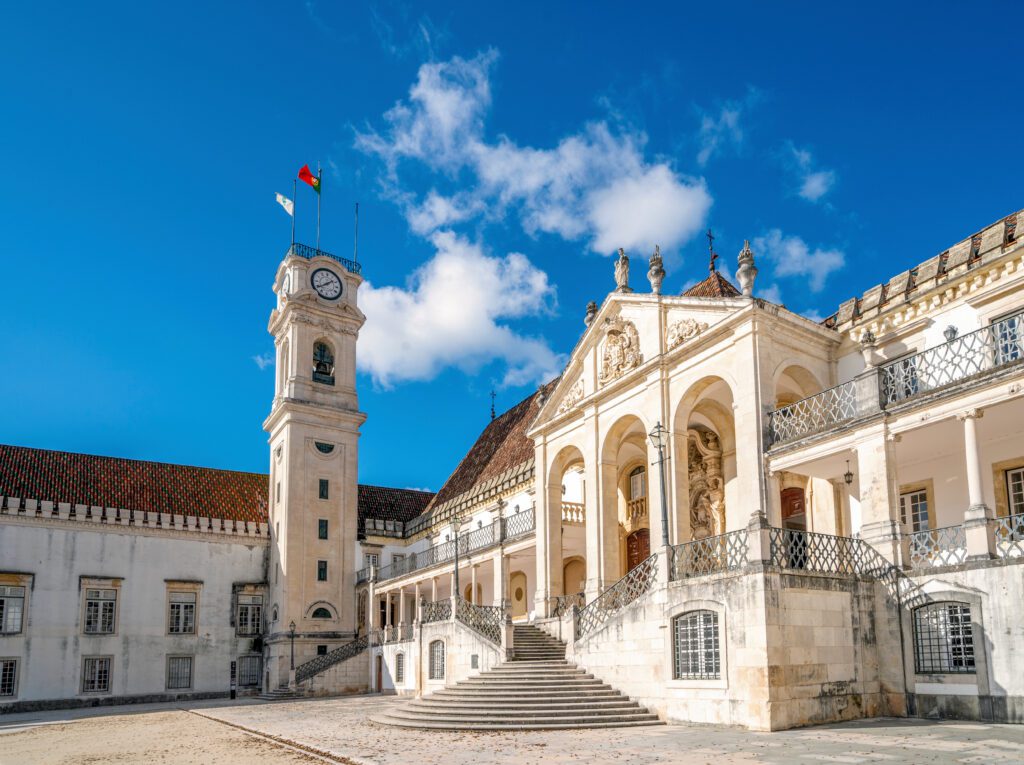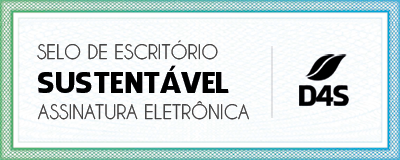
Different Types of Visas for Those Who Want to Work in Portugal
Portugal is an attractive destination for professionals from various fields who are looking for work and life opportunities in a new country. The Portuguese visa system offers various options for those wishing to work in the country, catering for different profiles and needs. Here, we’ll explore the main types of visas available to workers, including the entrepreneur visa (D2), the employment contract visa (D1), the job-seeker visa, the D7 visa, and other important aspects of student visas and family reunification.
Entrepreneur visa (D2)
The D2 visa is intended for entrepreneurs who want to set up a business in Portugal or work independently. This visa is an excellent option for those who have a viable business plan and wish to contribute to the Portuguese economy. To obtain a D2 visa, the applicant must present a detailed business plan, proof of investment or sufficient financial resources, as well as demonstrating that the activity to be carried out is of economic, social, scientific, technological or cultural interest to the country. For activities that require registration with a professional association in Portugal, proof of registration must be provided.
Employment Contract Visa (D1)
The D1 visa is intended for foreigners who already have an employment contract with a Portuguese company. This visa requires the presentation of a signed employment contract, proof of professional qualifications and a formal request from the employer in Portugal. It is a direct option for those who already have a job opportunity secured and allows the holder to work legally in the country from day one.
Visa for Job Seekers
A job-seeker’s visa is a temporary visa that allows foreigners to enter Portugal to look for work for a period of up to six months. During this period, the holder can actively look for work opportunities and, once they have found a job, they can apply for a residence permit to work. This visa is ideal for those who don’t yet have a work contract but want to explore the Portuguese labor market.
Seen D7
Although the D7 visa is better known as the visa for pensioners and people with passive income, it does not prevent the holder from working in Portugal. This visa is an option for those who have sufficient income to support themselves without the need for a job, but who can choose to work if they wish. It’s a flexible alternative for people who want to live in Portugal and have the freedom to work.
Family Reunification
Family members of a visa or residence permit holder in Portugal can apply for family reunification, which allows them to live legally in the country. It is important to note that reunited family members also have the right to work in Portugal. This facilitates family integration and contributes to the economic stability of the family nucleus.
Student visa
The student visa allows the holder to work in Portugal, as long as the professional activity is compatible with study hours and is related to the area of study. This visa is an excellent opportunity for international students who wish to gain professional experience during their academic period. After completing their studies, the holder of a student visa can apply for conversion to a residence permit for work.

Conclusion
Portugal offers a variety of visa options for foreign workers, each adapted to different situations and needs. Whether you are an entrepreneur, a professional with an employment contract, a job seeker or a student, there is a way to live and work legally in the country. It is important to seek expert advice to understand all the requirements and procedures involved, thus ensuring a smooth and safe transition to life in Portugal. For more detailed information on each type of visa and its requirements, consult the official website of the Portuguese Ministry of Foreign Affairs: Types of Visa.



